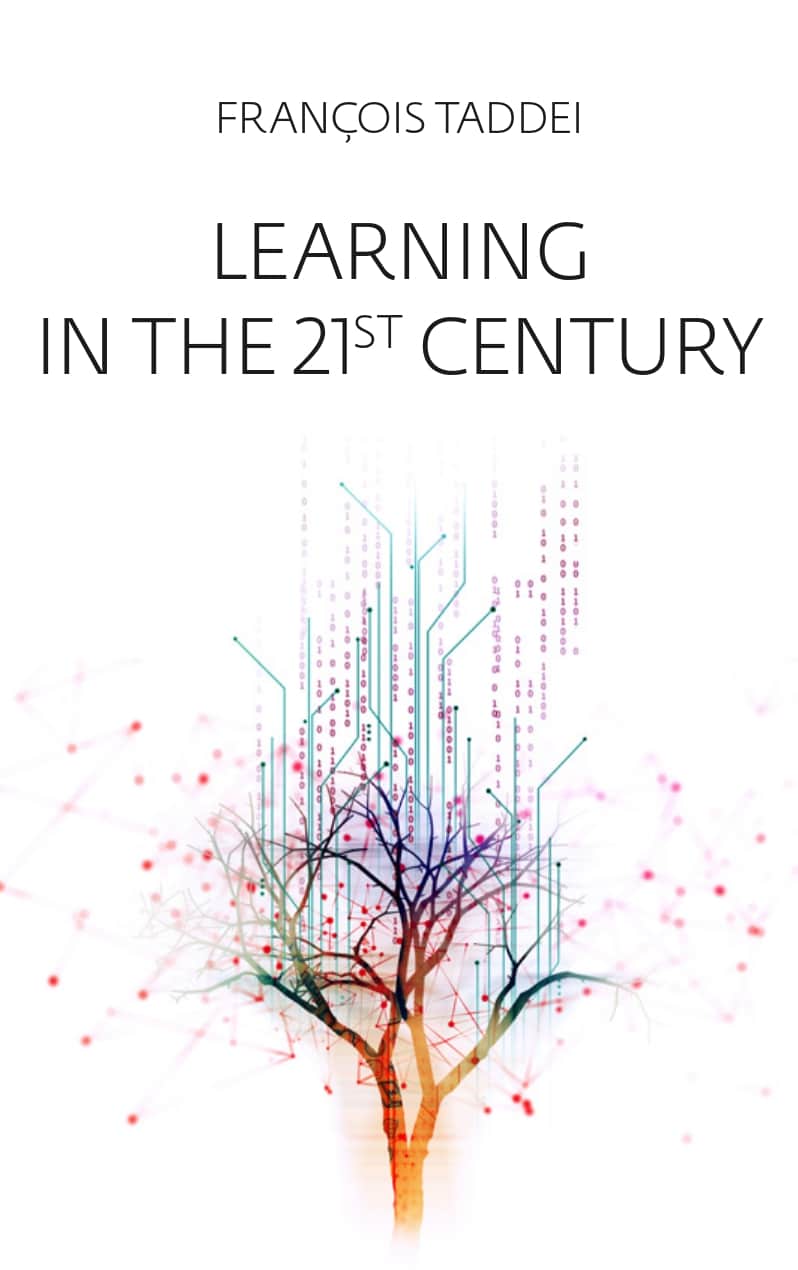In 1997, reigning world-chess champion Garry Kasparov lost in a match against IBM supercomputer Deep Blue. “It is a depressing day for humankind in general,” noted The Guardian. Twenty years later, Kasparov hammered the point home, saying, “Unlike in the past, when machines replaced farm animals, manual labor, now they are coming after people with college degrees.” Right now, we are living through a major evolutionary transition. Developments in artificial intelligence and discoveries in genetics are presenting challenges that our species has never had to face before.
How can we make sure that education and research keep pace in this rapidly evolving world? What role do humans play in a world of machines? How can we work with technology to develop both our individual abilities and our collective intelligence?
François Taddei makes a case for (r)evolution in knowledge. He takes us through the inner workings of the brain—our best friend and at times worst enemy when it comes to learning—and explores the best ways to start asking if not the right questions, then at least good questions.
